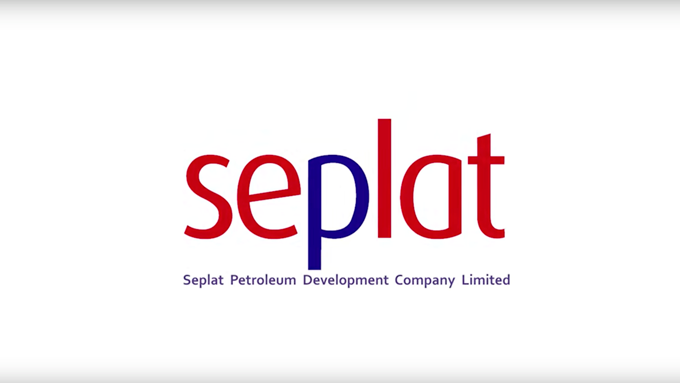Technology will play a key role in ensuring Nigeria stays cost-competitive in today’s oil market, Mr. Roger Brown, Chief Executive Officer of Seplat Plc, has said.
The Seplat CEO said this in his keynote address titled, “Oil Market Forum: Who Is In Control?” at the ongoing 2021 Nigerian International Petroleum Summit (NIPS) in Abuja.
With the International Energy Agency (IEA) setting out a road map to what it believes is required to achieve net carbon zero 2050 coupled with oil prices rising on COVID-19 pandemic recovery, traders betting on a sustained revival in oil demand and the activities of OPEC/OPEC+, Brown noted that the end consumers, suppliers of energy, governments/regulators and providers of capital could b said to be in control of market outcomes.
Given the current market realities, he said Seplat has identified cost savings initiatives, flexibility to scale projects, promotion of innovation, and gas resource development as major value drivers for all its stakeholders.
Brown therefore urged operators and other stakeholders to heighten their priority to increase operational efficiencies and reduce costs, ensured the implementation of high caliber remote working technologies, and adopt new systems, new habits, and new patterns that have emerged and impacting work processes.
The Seplat CEO added: “There is the need for the pursuit of strategic new opportunities and streamlining operations. Portfolios have been reshaped and capital reallocated to the highest-return opportunities, that is, those best aligned with future value creation and sources of distinctiveness.
“Environment, Social and Governance (ESG) principles are now key drivers in how companies plan for long term growth; thus the responsibility of companies to undertake gap analyses and ensure that sustainability thinking is embedded across the organization is very critical at this time.”
On oil and gas engagements, Brown urged Nigeria to reduce operational costs, aim to be the lowest quartile producer, drive technological development using Artificial Intelligence; ensure lower costs to market, promote free-market pricing for domestic gas with the right fiscal or other incentives, and balance LNG development with Domestic Gas – developing both.
On electricity, he advised that the country move away from off-grid diesel generation, improve electricity supply chain and develop on grid gas as a catalyst for on-grid renewable energy.
While for biomass, Roger called for the development of the LPG and CNG markets, and reduction of reliance on biomass, that is, arresting deforestation. He also advocated for a balance of Environmental and Social development whilst delivering the 17 Sustainable Development Goals (SDG).
In embracing changes and controlling its future, he said Seplat was investing in its people and motivating them by providing a safe working environment and career development opportunities; pursuing profitable and sustainable new opportunities; driving energy transitions in its sectors and improving access to affordable and greener energy; and being a responsible and accountable corporate citizen, understand local issues and positively contributing to host communities.
According to him, Seplat is also improving profitability, maintaining strict cost control, and implementing the most appropriate technologies whilst creating value for all stakeholders.








